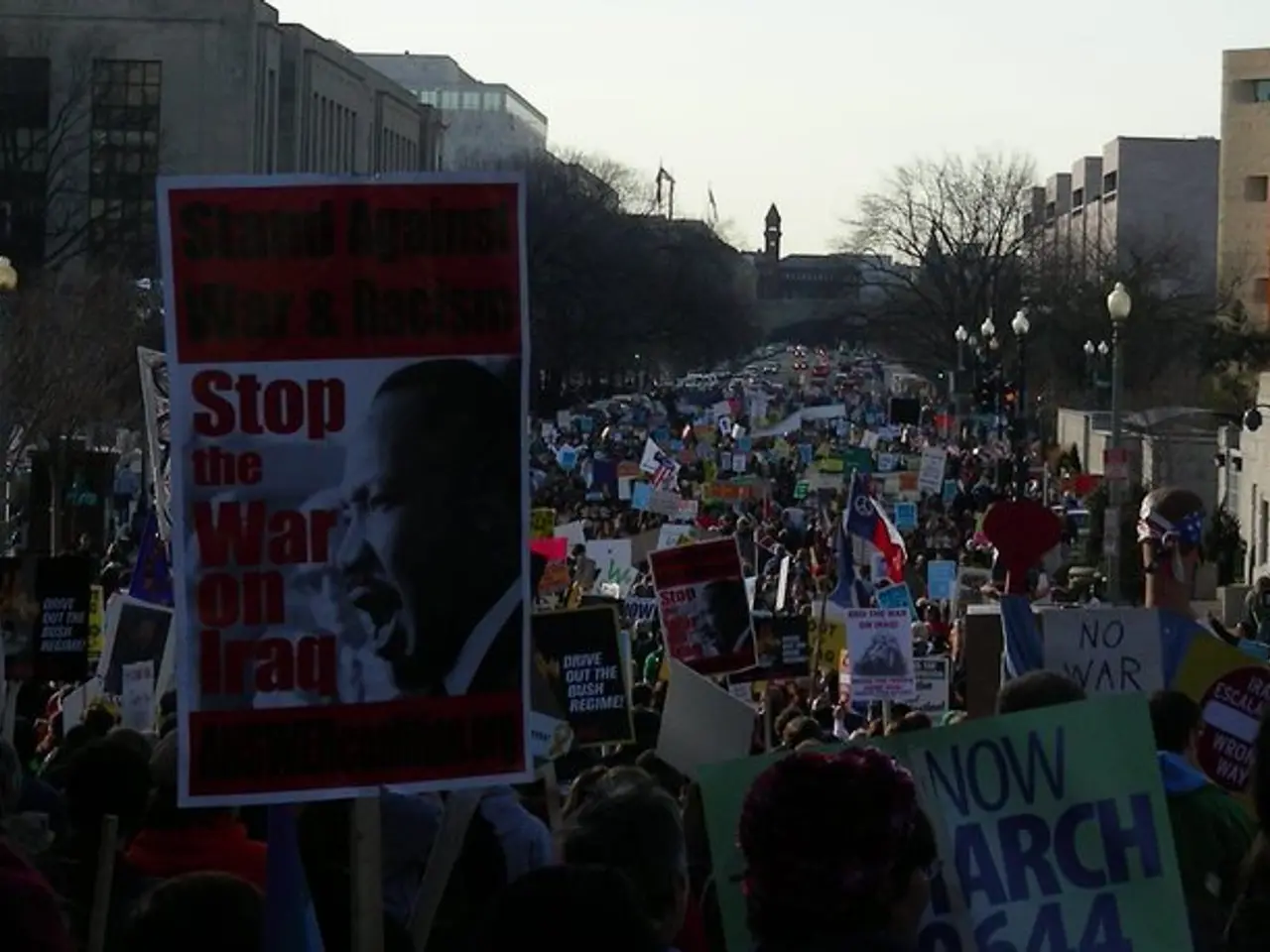Law enforcement officials in Novi Sad, Serbia, deploy tear gas to break up demonstrations pushing against the current administration.
In the Serbian city of Novi Sad, tensions escalated last Friday as protests marking the 10-month anniversary of the Novi Sad train station tragedy turned violent. The demonstrations, led primarily by students, have been ongoing since the tragic collapse of the station roof in November, which resulted in 16 deaths.
The protests were sparked by the community's demand for a transparent investigation into the incident, a demand that has evolved into calls for early elections. Despite this, the current government, led by the nationalist Serbian Progressive Party (SNS), remains in power under a reshuffled administration. The party's leader, Aleksandar Vučić, has so far brushed off demands for early elections.
Vučić, who has been in power since 2012, has organised his own demonstrations in response to the protests in Serbia. He has alleged that the demonstrations are part of a foreign plot, a claim that has been met with scepticism by many.
In Novi Sad, clashes erupted between a group of protesters and police, with the protesters claiming that officers used stun grenades and rubber batons unprovokedly against them. Authorities have rejected allegations of brutality, but videos circulating online show officers beating unarmed protesters and accusations that activists were assaulted while in custody.
Eleven police officers were injured during the clashes, adding to the already tense atmosphere. Vučić has stated that the state is stronger than anyone and that pro-government rallies would be held across Serbia on Sunday. In response, Vucic's ruling nationalist SNS party has staged its own rallies around the country.
The protests on Monday saw tens of thousands of people marching in Belgrade, Novi Sad, and other cities to mark the 10-month anniversary of the Novi Sad train station tragedy. The violence in mid-August, which was blamed on heavy-handed tactics by government loyalists and police, has cast a long shadow over the current protests.
The protesters continue to demand a thorough investigation into the train station collapse, hoping to find justice for the victims and prevent such tragedies from happening in the future. The situation remains volatile, with the potential for further clashes as the protests continue.
Read also:
- Lu Shiow-yen's Challenging Position as Chair of the Chinese Nationalist Party (KMT) Under Scrutiny in Donovan's Analysis
- Who is Palestine Action, the organization tied to numerous arrests within the UK?
- "Trump Criticizes EU's $3.5 billion fine on Google as Unjust, Threatens Additional Tariffs"
- Restructuring community adaptability amidst multiple concurrent crises








